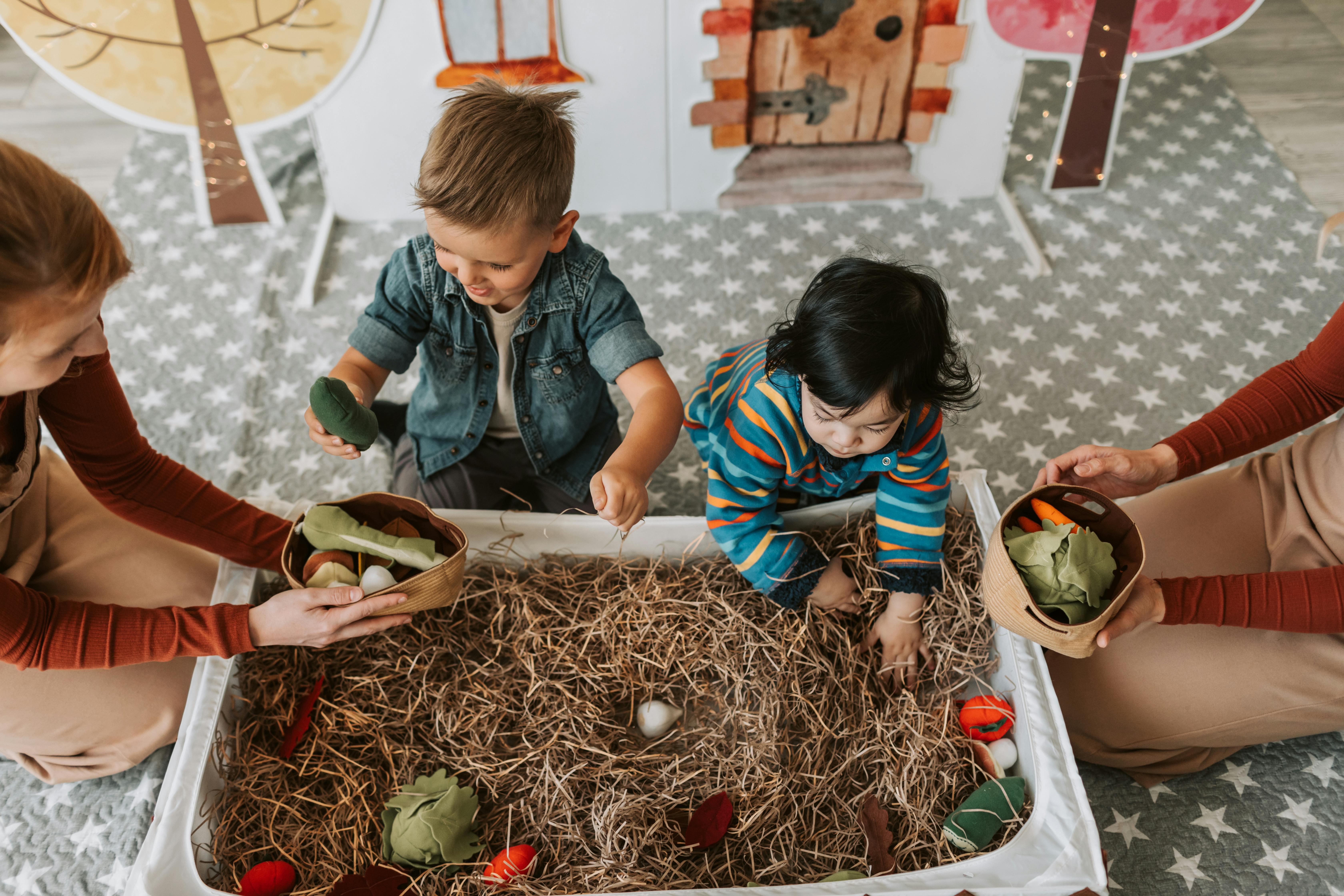
Comprehensive Guide to Rabbit Neutering: Essential Insights for 2025

Neutering your pet rabbit is a significant step in responsible rabbit ownership and helps ensure a healthier and happier life for your furry companion. This comprehensive guide will explore the essentials of rabbit neutering—including what it is, its benefits, the procedure itself, aftercare, and why it matters. As we approach 2025, understanding the latest practices and recommendations in rabbit healthcare is crucial for every rabbit owner.
Among the many advantages of rabbit neutering are behavioral improvements, reduced health risks, and essential population control. This article will provide insights into the various aspects of neutering—helping you make informed decisions about your bunny's reproductive health.
In this guide, you'll find:
- The importance of neutering and its benefits for your rabbit.
- A detailed overview of the neutering procedure.
- Post-neutering care and what to expect.
- Common misconceptions surrounding rabbit neutering.
- Resources for finding local neutering services.
By the end of this article, you will be well-equipped with the knowledge needed to ensure your pet rabbit's well-being and your role in supporting their health.
Understanding Rabbit Neutering: Why It Matters
Building on the introduction, it’s crucial to grasp why neutering is a primary recommendation from veterinarians worldwide. Neutering is the surgical removal of the reproductive organs—an operation that helps prevent unwanted litters and various health concerns.
The Benefits of Rabbit Neutering
Neutering offers several benefits to both pet rabbits and their owners. Here are some crucial advantages:
- Health benefits: Neutering can reduce the risk of certain cancers, such as reproductive cancers that are common in unspayed females.
- Behavioral improvements: Neutered rabbits tend to exhibit more desirable behaviors, including less aggression and reduced territorial marking.
- Population control: Responsible pet ownership necessitates controlling the rabbit population to prevent overpopulation issues in shelters and rescues.
Rabbit Behavioral Changes Post-Neutering
After undergoing the neutering procedure, many rabbits exhibit noticeable behavioral changes. Neutered males are often less likely to display mounting behavior and aggression, making them calmer pets. Similarly, females may become less anxious and more sociable. Understanding these changes can help owners effectively adapt their care routine.
Recognizing When to Neuter Your Rabbit
Knowing the right moment to neuter your rabbit is essential. Most veterinarians recommend spaying or neutering around 4-6 months of age. Early neutering, however, can vary depending on the breed and individual health, so consulting your veterinarian is critical.
The Neutering Procedure: What to Expect
With these fundamentals established, let's dive into the details of the rabbit neutering procedure. Understanding what to expect will help ease the concerns many rabbit owners have about the surgery.
Preparing for the Neutering Surgery
Before the surgical procedure, proper preparation is vital. Here are key points to consider:
- Consultation with a Rabbit Veterinarian: Seek a vet with experience in rabbit surgeries. Ask questions about their education and success rates to ensure your pet is in safe hands.
- Pre-Surgical Testing: Vets often recommend pre-surgery examinations to assess the rabbit's overall health and fitness for anesthesia.
- Fasting Instructions: Your vet may recommend fasting your rabbit for a few hours before surgery.
The Surgery Explained
The actual neutering procedure typically involves:
- Administration of anesthesia, ensuring the rabbit is unconscious.
- Making incisions to access and remove reproductive organs carefully.
- Closing the incisions with sutures or surgical glue.
Understanding the technical aspects can help reassure you that the surgery is routine and generally safe when performed by qualified professionals.
Post-Operative Care for Rabbits
After neutering, proper care is vital to ensure a swift recovery:
- Pain Management: Your vet will likely provide pain relief medication to keep your rabbit comfortable.
- Environment: Provide a clean, quiet space for recovery. Avoid handling your rabbit too much initially to minimize stress.
- Monitoring: Watch for signs of complications, such as excessive swelling or discharge from the incision site. Contact your vet if you observe anything unusual.

Common Misconceptions and FAQs About Rabbit Neutering
Taking this concept further, it’s essential to address some prevalent myths and concerns surrounding rabbit neutering that can mislead owners.
Debunking Rabbit Neutering Myths
Many rabbit owners hold misconceptions about the neutering process. Here are a few to clarify:
- Myth: Neutering changes a rabbit's personality significantly.
- Fact: While some behavior changes occur, the core personality remains intact.
Rabbit Neutering Costs: What to Anticipate
The cost of rabbit neutering can vary significantly based on location and the vet clinic you choose. On average, you can expect to pay between $100 and $300. Options such as local veterinary clinics or specialized rabbit neutering services may provide affordable packages, particularly if you’re looking for cost-effective rabbit healthcare.
Finding Local Rabbit Neutering Services
Resources like the links in this article or local pet rabbit vets can guide you to the best options for rabbit neutering. Inquire about rabbit neutering consultations to understand their procedures better. Look for clinics that specialize in rabbit care and have positive reviews from other rabbit owners.
Conclusion: Ensuring Your Rabbit's Well-being
In summary, rabbit neutering is a vital aspect of responsible pet ownership, contributing to improved health, better behavior, and population control. By prioritizing rabbit health and understanding the neutering process, you’re ensuring a long, fulfilling life for your pet rabbit. For hands-on help and expert advice, don’t hesitate to connect with local rabbit neutering specialists. Their insights can be invaluable in helping you navigate this important journey for your beloved bunny.